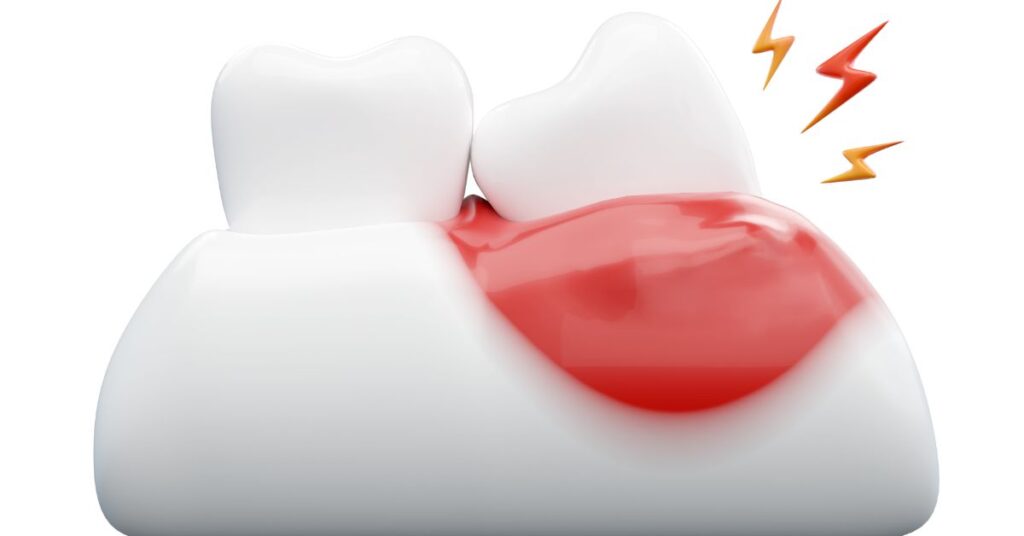Wisdom teeth, also known as third molars, have always captured the interest of humans and have been the subject of several myths and beliefs. These final pair of molars normally appear in late adolescence or early adolescence.
These wisdom teeth facts will explain the purpose of wisdom teeth, their prevalence, potential issues, and their significance in modern dentistry. Join us as we investigate the mysteries behind these fascinating teeth!
Facts About Wisdom Teeth
How Many Wisdom Teeth Are There?
In most cases, there are four wisdom teeth in total, one in each quadrant of the mouth. These molars are located at the farthest end of the jaw, one on the top and one on the bottom of each side. However, not everyone gets all four wisdom teeth; some people get fewer or none at all.
What Are Wisdom Teeth Used For?
Wisdom teeth were vital for our forefathers, who mostly ate raw and gritty meals that required a lot of chewing. These molars acted as an extra pair of grinders, assisting in the breakdown of difficult and fibrous meals. As human diets developed, the requirement for these extra molars decreased.
What Percentage of People Have Wisdom Teeth?
Wisdom teeth will appear in approximately 65-75% of the population. The remaining either does not develop wisdom teeth at all or has impacted wisdom teeth that do not fully emerge due to a lack of space or incorrect alignment.
Do All Wisdom Teeth Come In?
No, not everyone’s wisdom teeth will fall out naturally. Some people have impacted wisdom teeth, which means the molars may not have enough room to grow correctly and may become trapped beneath the gum line or against neighboring teeth. Impacted wisdom teeth can cause pain and even infections.
Use of Wisdom Teeth in Modern Times
Wisdom teeth have become less important in the modern world due to dietary changes and advances in oral hygiene. As a result, they are frequently seen as residuals that serve no useful purpose. As a result, when potential difficulties occur, many dental practitioners urge wisdom tooth removal.
Bad Wisdom Teeth and Their Impact

When wisdom teeth become impacted or misplaced, they can cause a variety of oral health problems. Infections, cyst formation, tooth destruction, and crowding of the existing dental arch are examples of these. In such circumstances, dental specialists may recommend extracting troublesome wisdom teeth to avoid further issues.
What Are Wisdom Teeth Good For?
While wisdom teeth are no longer necessary for eating, some people may have enough room in their mouths for these molars to develop properly. In such cases, appropriately aligned wisdom comes in handy.
FAQs
Are wisdom teeth necessary?
Wisdom teeth are no longer necessary. This is because our diets and dental needs have evolved. It is a standard practice to remove wisdom teeth. It helps avoid future difficulties.
At what age do wisdom teeth usually emerge?
Wisdom teeth generally start to emerge between the ages of 17 and 25.
Do wisdom teeth always cause pain?
Wisdom teeth do not cause pain for everyone. However, pain and discomfort can arise if the molars are impacted or are not properly positioned.
Conclusion
In conclusion, wisdom teeth have captured human interest for ages because of their enigmatic character. Wisdom teeth were originally important for our ancestors’ chewing needs, but their importance has dwindled over time. They are becoming more frequently a subject of concern and, when affected or misaligned, can cause oral health problems.
Smile Sky Family Dental understands the importance of educating people about their oral health. We offer valuable insights into wisdom teeth and, if necessary, personalized suggestions for their extraction.
If you have any worries about your wisdom teeth or dental health, contact Smile Sky Family Dental to schedule a consultation to ensure a confident and healthy smile for years to come.


